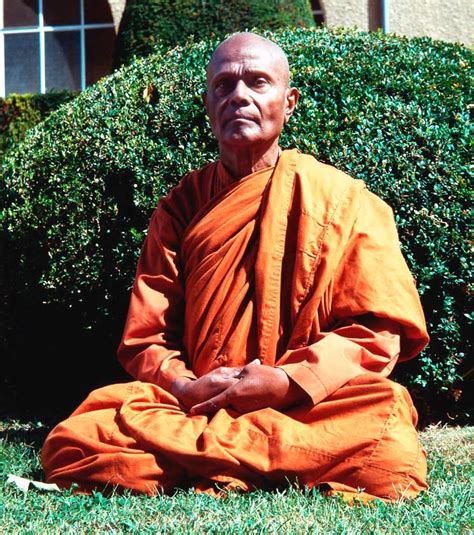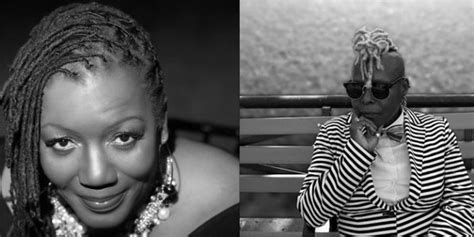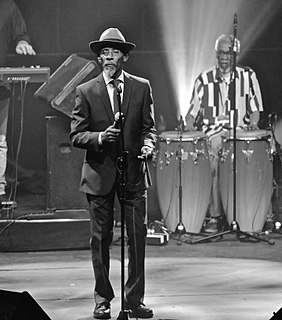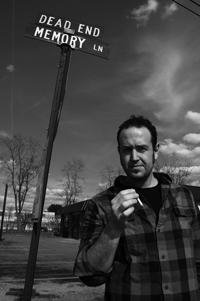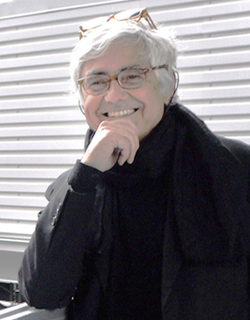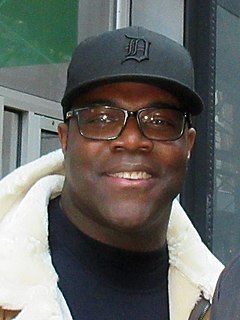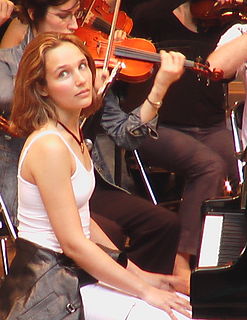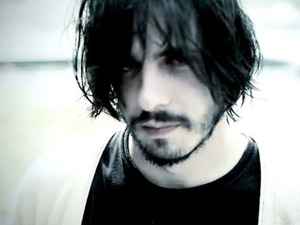A Quote by B. F. Skinner
A piece of music is an experience to be taken by itself.
Related Quotes
Buddhism advises you not to implant feelings that you don’t really have or avoid feelings that you do have. If you are miserable you are miserable; that is the reality, that is what is happening, so confront that. Look it square in the eye without flinching. When you are having a bad time, examine that experience, observe it mindfully, study the phenomenon and learn its mechanics. The way out of a trap is to study the trap itself, learn how it is built. You do this by taking the thing apart piece by piece. The trap can’t trap you if it has been taken to pieces. The result is freedom.
I try to write each piece in the language of the piece, so that I'm not using the same language from piece to piece. I may be using ten or twenty languages. That multiplicity of language and the use of words is African in tradition. And black writers have definitely taken that up and taken it in. It's like speaking in tongues. It may sound like gibberish to somebody, but you know it's a tongue of some kind. Black people have this. We have the ability as a race to speak in tongues, to dream in tongues, to love in tongues.
....the popular music of Jamaica, the music of the people, is an essentially experiential music, not merely in the sense that the people experience the music, but also in the sense that the music is true to the historical experience, that the music reflects the historical experience. It is the spiritual expression of the historical experience of the Afro-Jamaican.
That authentic experience that happens both in the artist and in the audience you can classify as a mystical experience. You can classify it as aesthetic shock, or even a psychedelic experience. Some people seek to recreate that experience through drugs. But the other way that you can do it is through art, and through spectacle. We have those experiences when we go to rock shows, or when we listen to a piece of classical music, or read a particular poem, or see a painting.
There is no piece of music that could relate to anything else but itself and its world. It is truly an independent. The one thing coplanar with music is the compositional aspect, the fact that you are composing something. Architecture is essentially a score, and what happens with it depends on the people who play it, enjoy it, use it, or hate it.
The artist has some internal experience that produces a poem, a painting, a piece of music. Spectators submit themselves to the work, which generates an inner experience for them. But historically it's a very new, not to mention vulgar, idea that the spectator's experience should be identical to, or even have anything to do with, the artist's. That idea comes from an over-industrialized society which has learned to distrust magic.
Music's always part of my writing. I think all art is interconnected. You can't create or experience one without its influences bleeding into another. In my writing, music's mostly something that feeds my inspiration and mood while I'm writing, but it's also taught me how to score scenes and even novels. The rise and fall of the storyline echoes the flow of a good piece of music.
The stress that we [with Abilities] always feel is trying to continue advancing with our music. That's our plight, it's ingrained in our personalities. We feel like we're trying to race the world of music itself - just trying to create the best music, and as soon as we get done with one piece we're trying to figure out how to top it.



